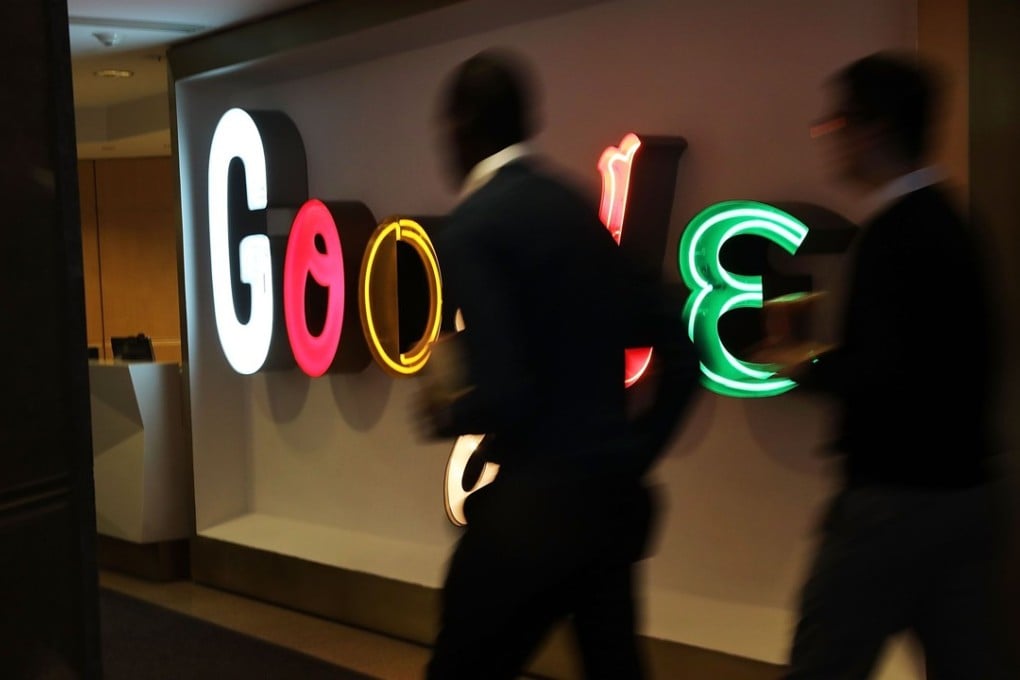Google to ban cryptocurrency, initial coin offering ads
The internet search giant’s move followed efforts by European, US and Chinese regulators to curb fraud related to cryptocurrencies

Google will ban online advertisements promoting cryptocurrencies and initial coin offerings (ICOs) starting in June, part of a broader crackdown on the marketing of a new breed of high-risk financial products.
The internet search giant, a subsidiary of multinational conglomerate Alphabet, announced the decision on Wednesday in an update to its policy, which said it will begin to block ads for “cryptocurrencies and related content”.
Facebook, Google’s primary rival for advertising dollars, took a similar step in January, leaving the two largest web advertisement sellers out of reach of the nascent digital currency sector.
Bitcoin, the largest cryptocurrency by market value, pared an advance of about 2 per cent after Google’s announcement, trading little changed at US$9,099 as of 1:04pm in Hong Kong. Rival coins Ripple and Ether also pared gains.
Digital currencies are coming under increasing pressure from regulators worldwide. European and US watchdogs have ramped up their efforts to curb fraud related to virtual currencies, and some of America’s biggest banks recently banned their customers from buying bitcoin and other tokens using their credit cards.